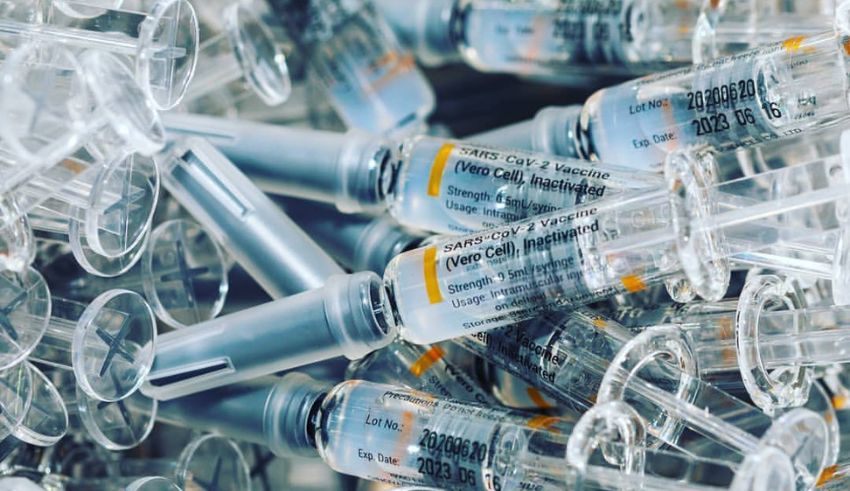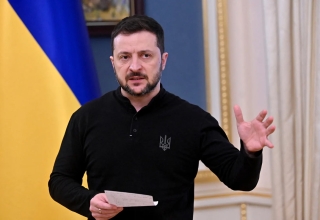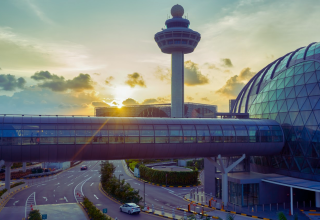
With countries all around rushing to find answers, the worldwide effort to produce and distribute COVID-19 vaccinations presented an unparalleled difficulty. Among these initiatives, especially in low- and middle-income nations, China’s Sinovac vaccine—also known as CoronaVac—was quite important. Nevertheless, false information about the safety and effectiveness of the vaccination seriously hampered immunization campaigns all around. This research investigates the wider consequences of vaccine false narratives and how national reactions to the epidemic were distorted by them.
Eroding Trust: Authority of False Information
False news stories and social media rumors were only two of the several ways misinformation regarding the Sinovac vaccine showed up. Particularly social media channels were centers of false assertions about the inefficacy of the vaccination against new variations, unverified complaints of severe side effects, and unflattering comparisons to rival vaccinations like Pfizer and Moderna. This constant barrage of false information caused popular mistrust of the vaccination and resulted in notable reluctance. For instance, despite scientific data showing otherwise, viral messages on Facebook and Twitter stated, mistakenly, that Sinovac offered little defense against the Delta and Omicron strains. Such disinformation operations sown seeds of uncertainty, which made people dubious of Sinovac’s dependability and, hence, the vaccination campaigns depending on it.
Lower Vaccine Rates and Hesitancy: A Vicious Cycle
Driven by false information, vaccine reluctance directly affected national immunization rates, hence setting a vicious cycle. False information circulated created mistrust and anxiety. Those who embraced these false stories were less likely to be vaccinated, therefore exposing their communities and themselves to the virus. This hesitation was especially harmful in nations mostly depending on Sinovac because of restricted access to other vaccines. For example, large portions of the people in Brazil and Indonesia voiced uncertainty about Sinovac, which resulted in lower vaccination rates and slower development toward herd immunity. Rising COVID-19 instances, hospitalizations, and deaths in these areas fed further worry and strengthened the false narratives. Apart from hindering urgent pandemic response efforts, this loop of mistrust and fear harmed long-term public health campaigns.
Geopolitical Effects: Politics Colors Research
The spread of false information was not only motivated by natural internet conversation; geopolitical elements also had a major influence. Though the Sinovac vaccine got WHO certification, other nations saw it with mistrust because of its Chinese provenance. Politicians and Western media, for instance, frequently questioned Sinovac’s effectiveness and suggested it was less than those of Western-developed vaccinations. These geopolitical conflicts shaped public opinion, thereby polarizing the vaccination even more. As citizens started to reject the recommendations of their own governments, this politicizing erased public trust. Geopolitical mistrust combined with domestic disinformation produced a complex situation whereby public health recommendations were sometimes seen via a political prism, therefore hindering attempts toward general immunization.
Social and Financial Effects
False information on the Sinovac vaccination had effects on social stability and economic recovery in addition to public health. Lower immunization countries experienced protracted lockdowns that hampered social inequality and slowed down economic development. For instance, slow vaccination rates resulting from false information in several Southeast Asian countries resulted in further restrictions, therefore affecting small enterprises and unofficial labor. As shown by demonstrations against extended lockdowns and vaccination requirements, the financial pressure increased social tensions and helped to cause public disturbance. These social and financial repercussions underline the far-reaching impact of vaccine disinformation and the need of thorough plans to challenge misleading narratives.
Restoring Confidence: The Future
Correcting false information calls for governments, public health groups, and social media sites working together. Public education programs run by governments should target certain issues and make use of reputable community speakers, therefore addressing particular concerns. For instance, local leaders and medical experts can be quite important in dispelling misconceptions and offering correct facts regarding vaccinations. To inspire public confidence, public health agencies have to aim for open sharing of data on vaccine efficacy and safety. Social media channels must thus be more aggressive in spotting and eliminating misleading information as well as in endorsing verified material. Using fact-checking tools and reputable source prioritizing algorithms will help to slow down the dissemination of false information.
Value of Worldwide Cooperation
Fighting false information calls for worldwide cooperation. Accurate information and best practices may be shared across boundaries thanks in part to international agencies as the WHO and UNICEF. Working together to dispel myths and offer consistent, clear messages regarding vaccinations will help to stop the spread of lies. Encouragement of international alliances to assist public health campaigns and immunization programs can also help to build confidence and cooperation.
Summary
Unquestionably, the Sinovac vaccination has saved lives and been extremely important for world immunization campaigns. But the difficulties caused by false information have brought public health communication’s weaknesses front stage. The success of next immunization programs depends on learning from these difficulties. Rebuilding faith in science, encouraging open communication, and using worldwide cooperation help nations better equip themselves to manage next public health emergencies. Fighting false information is not only about solving present problems but also about increasing public health systems’ resistance against approaching hazards.























